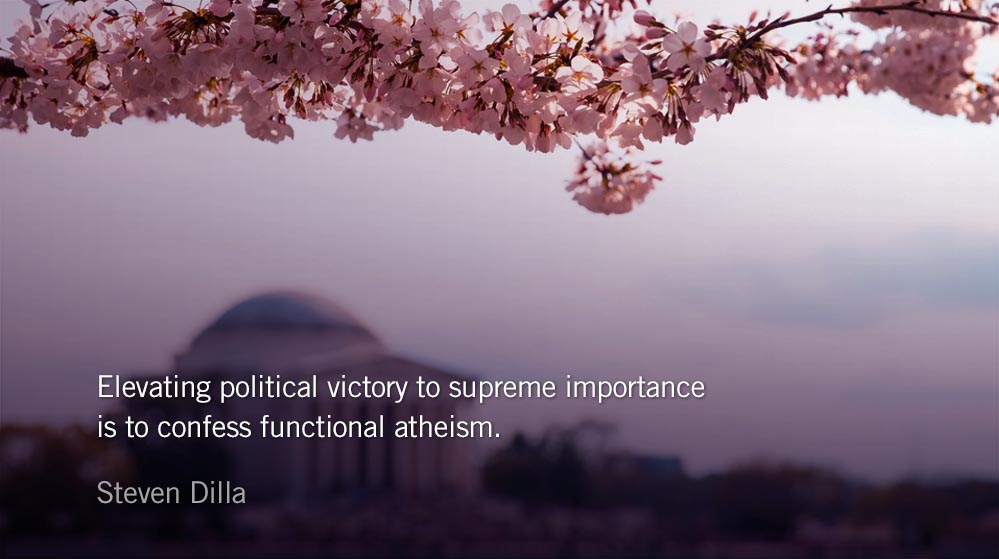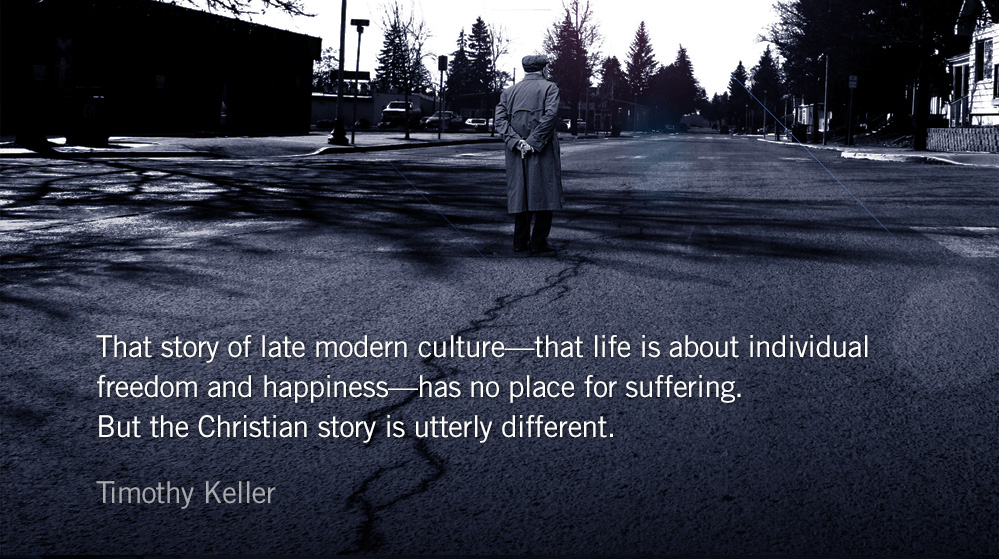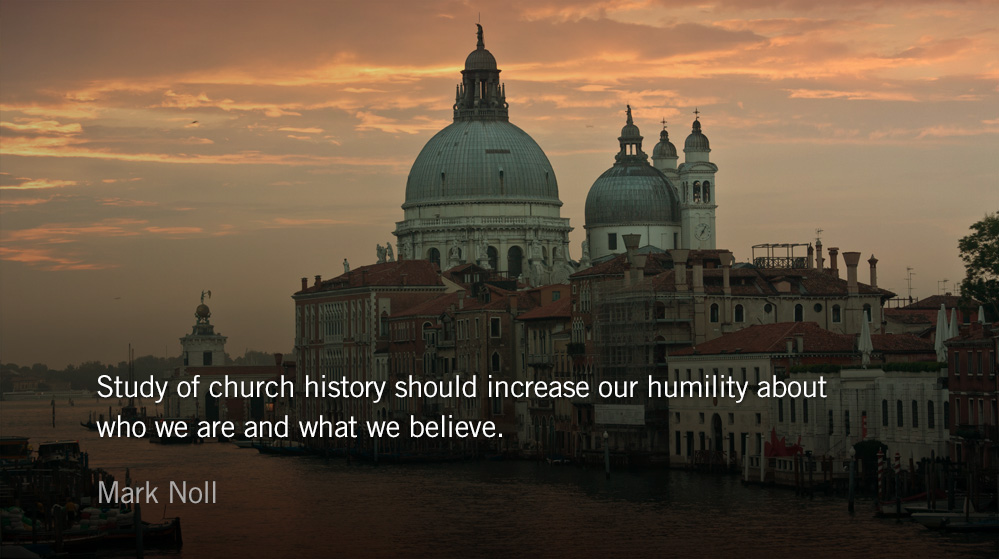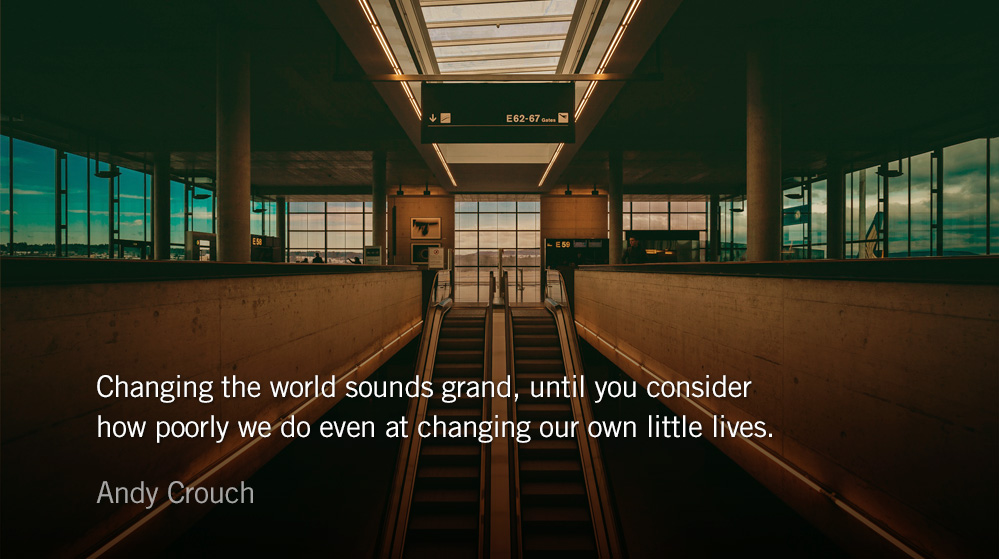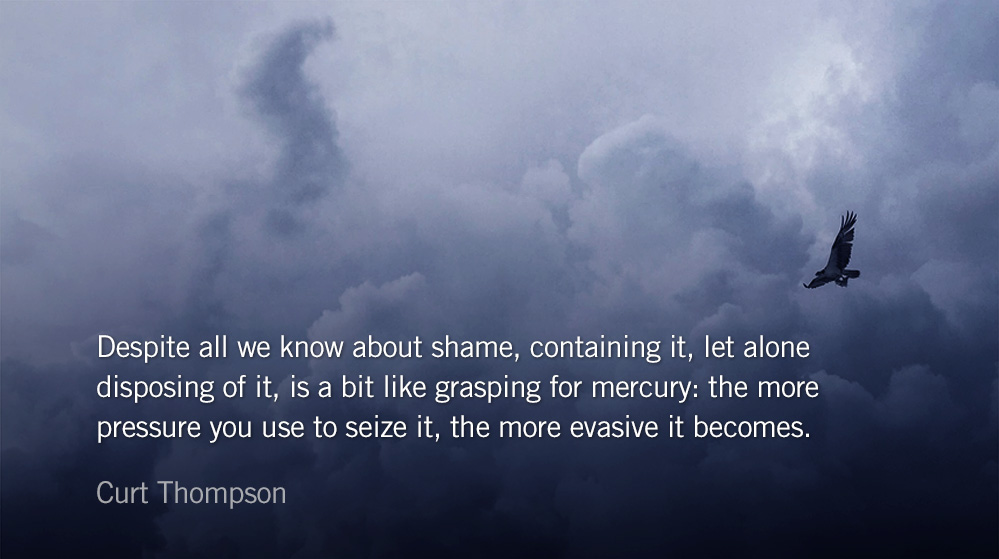All of them are put to shame and confounded; the makers of idols go in confusion together. But Israel is saved by the Lord with everlasting salvation. — Isaiah 45.16-17
Because many of Scripture’s authors lived under political oppression it is easy to see how Christians today can faithfully respond to leaders with whom we do not agree. “Let every person be subject to the governing authorities. For there is no authority except from God, and those that exist have been instituted by God,” wrote Paul. He would spend extended portions of his life —even penning the gospel—in chains.
Most Christians in the western world do not face this type of persecution. It is not uncommon for politicians to defend freedom of faith and work to serve causes which sit at the heart of the Christian Scriptures. Victories in these areas—like treatment of the fatherless, single mothers, and immigrants—are massive steps forward for humanity. But elevating political victory to supreme importance is to confess functional atheism.
In his book Onward: Engaging the Culture without Losing the Gospel, Southern Baptist ethicist Russell Moore highlights this tension in America:
Christian values were always more popular in American culture than the Christian gospel. That’s why one could speak of “God and country” with great reception in almost any era of the nation’s history but would create cultural distance as soon as one mentioned ‘Christ and him crucified.’
God was always welcome in American culture. He was, after all, the Deity whose job it was to bless America. The God who must be approached through the mediation of the blood of Christ, however, was much more difficult to set to patriotic music or to ‘Amen’ in a prayer at the Rotary Club.
Isaiah reminds his readers that all idols will crumble—yet that is not what brings joy to the faithful. Russell continues:
Our vote for President is less important than our vote to receive new members for baptism into our churches. A President is term-limited and, for that matter, so is the United States (and every other nation)…. Our church membership rolls say to the people on them, and to the outside world, ‘These are those we believe will inherit the universe, as joint-heirs with Christ.’
Christians should celebrate when truth breaks through in our culture’s institutions and politics—but our hope should, at the same time, be drawn beyond these temporary victories to the glory of the Kingdom. “It may be that America is not ‘post-Christian’ at all,” Russell reflects. “It may be that America is instead pre-Christian, a land that though often Christ-haunted has never known the power of the gospel, yet.”
Today’s Reading
Isaiah 45 (Listen – 4:39)
Revelation 15 (Listen – 1:29)


